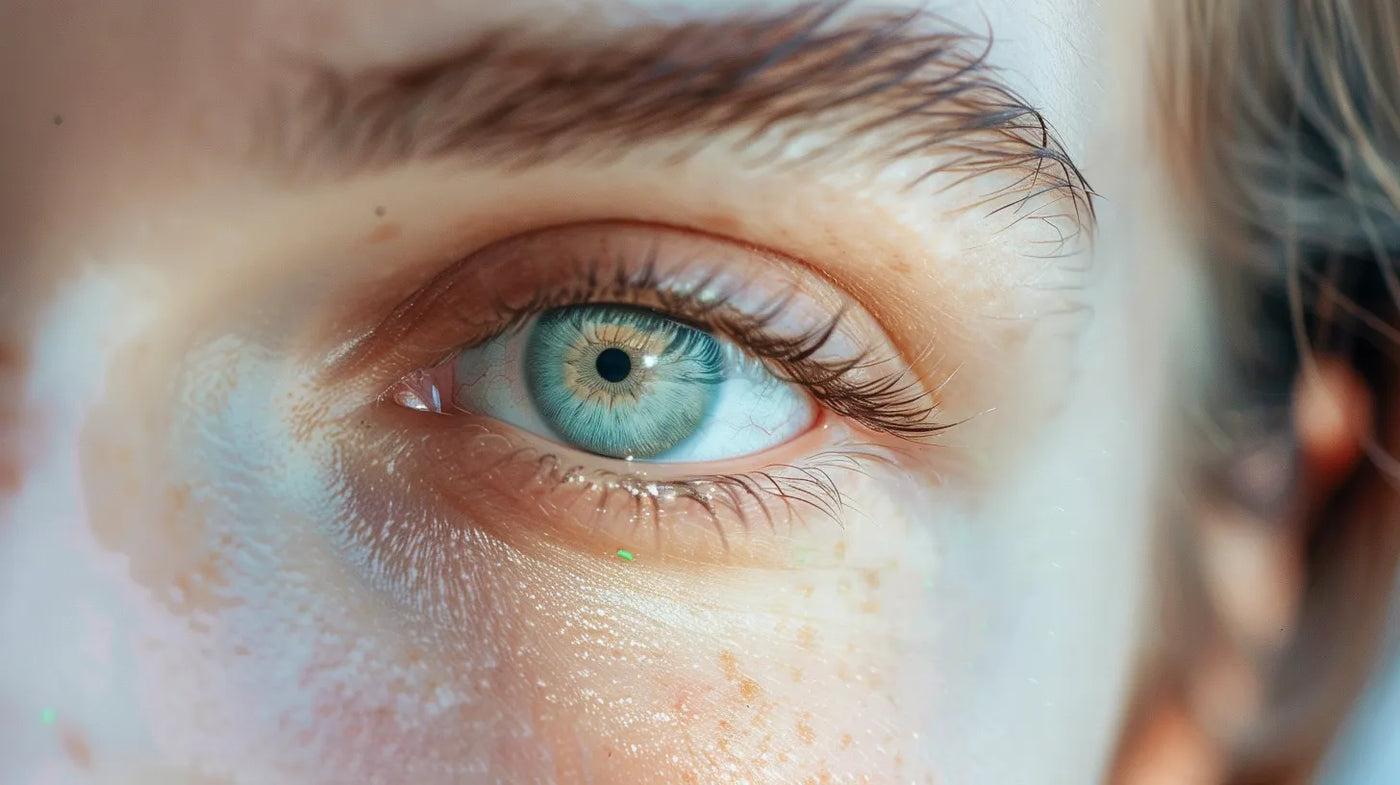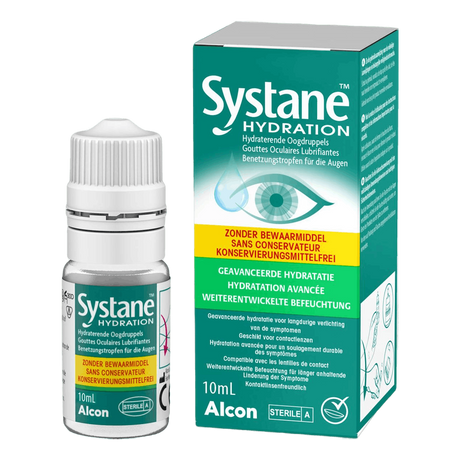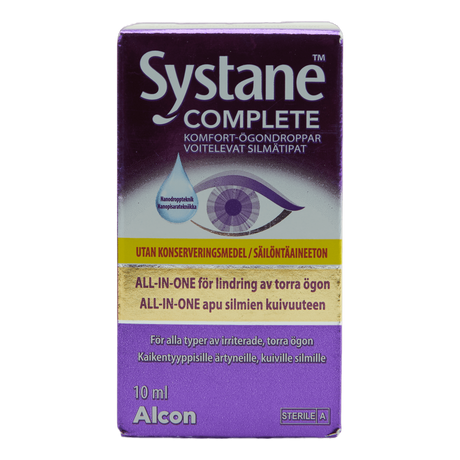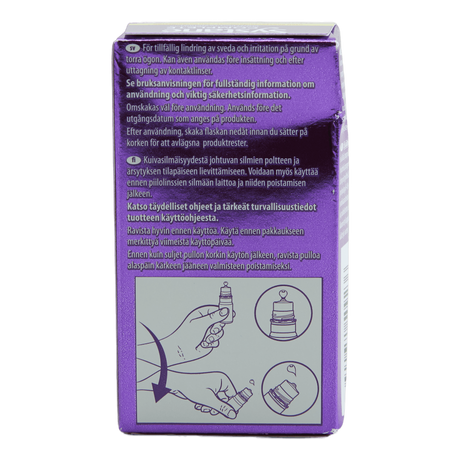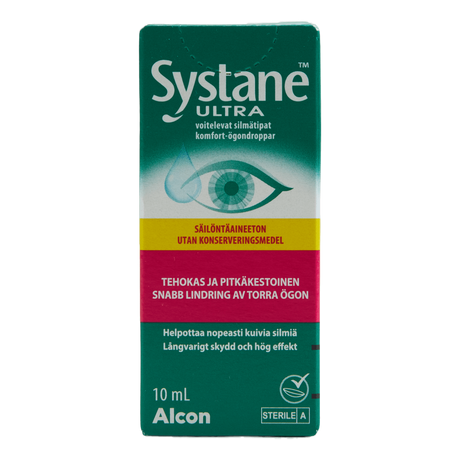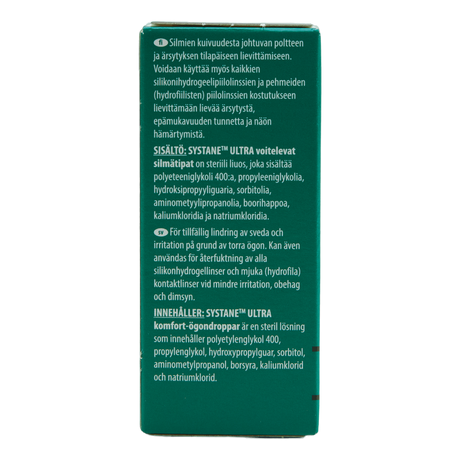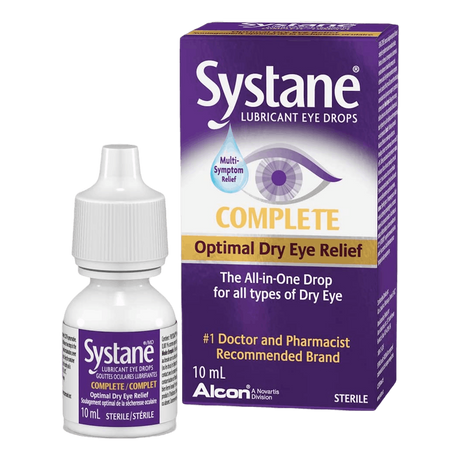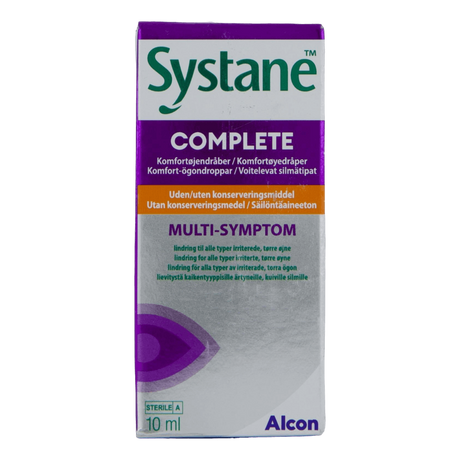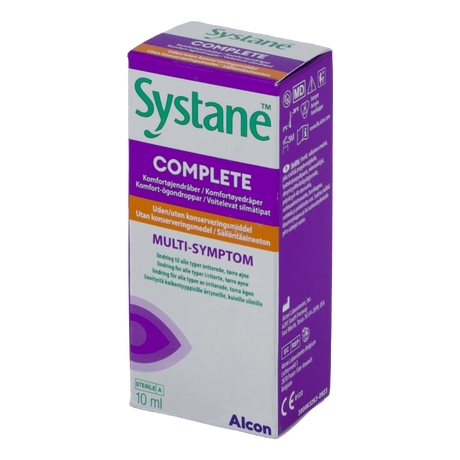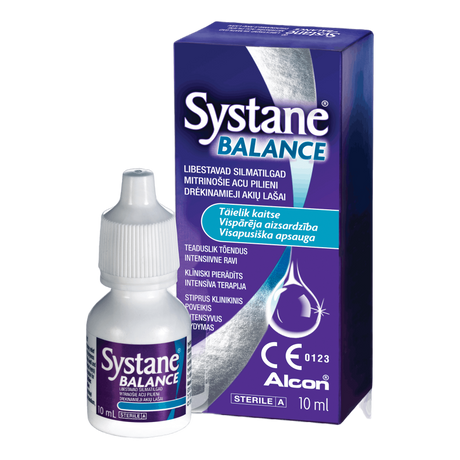Why Do Eyes Water?
Watery eyes are a common problem that can have several different causes. Some of the most common reasons for watery eyes include:
- Allergies: Pollen, pets, and dust can trigger an allergic reaction that causes eyes to itch, burn, and water.
- Dry Eyes: When the eyes don't produce enough tears or the tears are of poor quality, it can lead to irritation and watery eyes.
- Contact Lens Wear: Wearing contact lenses can sometimes cause dryness and irritation, especially if the lenses are not properly maintained or worn for too long.
- Infection: Eye inflammations like conjunctivitis can cause symptoms such as watery eyes, redness, and itching.
What Types of Eye Drops Are Available?
There are several different types of eye drops that can provide relief for watery eyes, depending on the cause of the problem:
- Allergy Drops: Contain antihistamines that counteract allergic reactions and reduce itching, swelling, and watery eyes.
- Lubricating Eye Drops: Replace or supplement tear fluid and alleviate dryness and irritation. Available with and without preservatives.
- Anti-inflammatory Drops: Reduce inflammation and redness in the eyes, often in the form of corticosteroid drops.
- Antibiotic Drops: Used for bacterial eye infections to combat the infection.
How to Choose the Right Eye Drops
When choosing eye drops, it's important to consider the cause of your discomfort. If you have a known allergy, allergy drops may be the best option, while lubricating drops often work well for dry eyes and irritation from contact lens wear.
It may also be a good idea to choose preservative-free eye drops if you need to use them frequently or have sensitive eyes. Preservatives can sometimes cause additional irritation.
If your symptoms are severe or persistent, it's always best to consult an optometrist or ophthalmologist. They can help you identify the cause of the problem and recommend appropriate treatment.
Tips for Contact Lens Wearers with Watery Eyes
If you wear contact lenses and often experience watery, irritated eyes, there are a few things you can do to minimize the problems:
- Practice Good Hygiene: Always wash your hands before handling the lenses and follow the manufacturer's instructions for cleaning and storage.
- Replace Lenses on Schedule: Don't use the lenses longer than recommended and replace them with new ones according to the schedule provided by your optometrist.
- Take Breaks: Give your eyes a chance to rest from the lenses occasionally, especially if you experience irritation or fatigue.
- Use Lubricating Drops: Preservative-free eye drops can help alleviate dryness and irritation when wearing lenses. Choose drops specifically formulated for contact lens wearers.
Prevent Watery Eyes with Good Habits
In addition to using eye drops as needed, there are also some things you can do in your daily life to reduce the risk of watery, irritated eyes:
- Protect Your Eyes: Wear sunglasses when outdoors in bright sunlight and protective eyewear when necessary, such as when performing dusty tasks.
- Humidify the Air: Dry air, especially indoors during the winter, can contribute to dry and irritated eyes. Use a humidifier to maintain a comfortable humidity level.
- Take Breaks from Screens: Staring at a computer or mobile screen for long periods can lead to strained and dry eyes. Follow the 20-20-20 rule: Look at something at least 20 feet (about 6 meters) away for 20 seconds every 20 minutes.
- Practice Good Eye Hygiene: Keep your eyelids clean and be sure to remove makeup every night. Don't rub your eyes, even if they itch, as it can worsen the irritation.
Remember, your eyes are precious and deserve the best care. With the right eye drops, good habits, and a little extra attention, you can keep your eyes healthy, comfortable, and free from annoying watery eyes. Take care of your eyes, and they'll take care of you!
